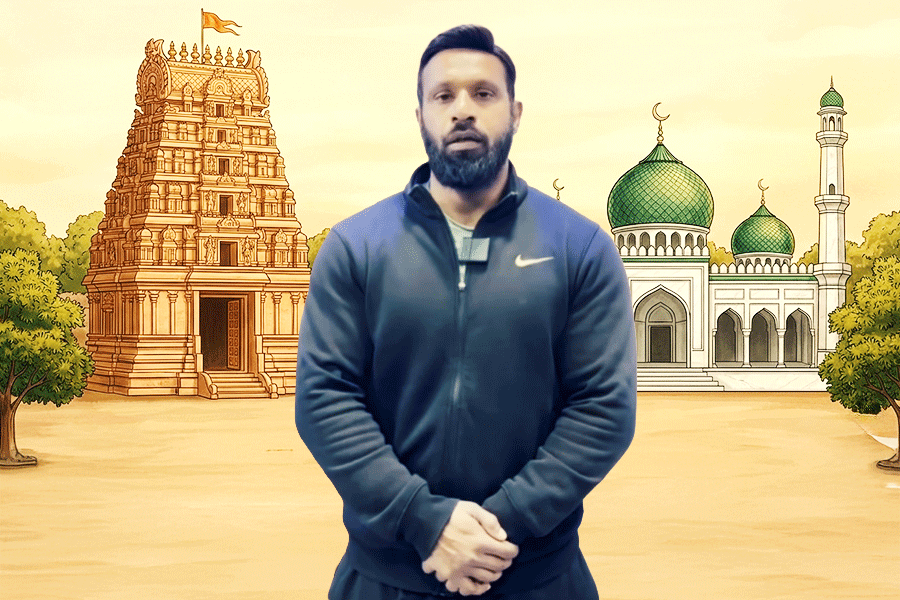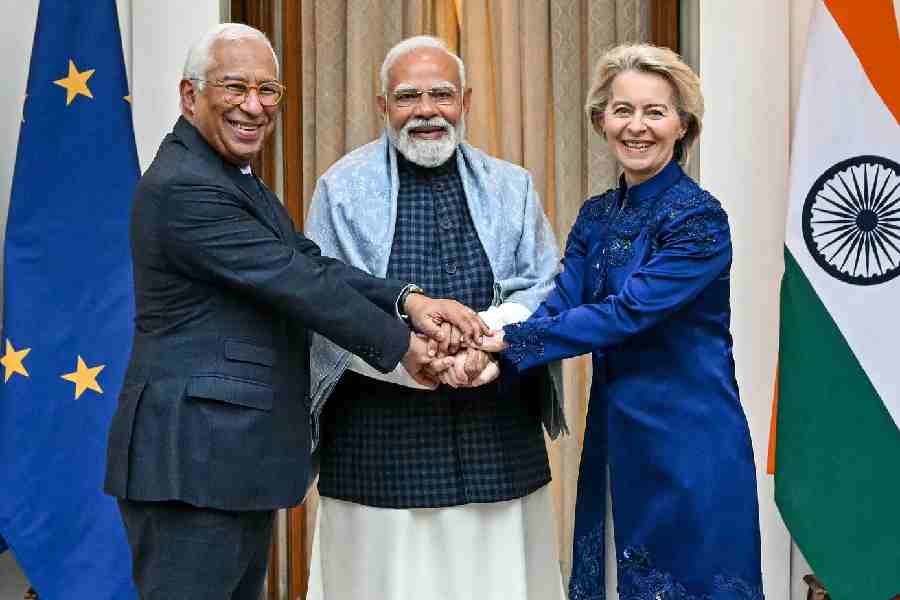 |
The Madhya Pradesh High Court allowed withdrawal of a criminal case under Section 321 of the Code of Criminal Procedure upon the prayer that the accused was not a habitual criminal. Directing restoration of the case, the Supreme Court held that as the case was about to be over, such withdrawal was not justified. Withdrawal may be permitted only under certain circumstances, for example, if the case is likely to end in acquittal or it would bury disputes. Such discretion should not be exercised to stifle prosecution because society demands punishment of the offender (Rahul Agarwal vs Rakesh Jain).
Section 22 of the Hindu Marriage Act prohibits publication of any matrimonial case except judgment of the high or Supreme Court with prior permission of that court. The application of an actress for similar orders was dismissed as such proceeding was initiated under the Family Courts Act that has an overriding effect on all other statutes. The Madras High Court held that when a family court deals with disputes of a Hindu, enforcement of Section 22 is mandatory. If other personal laws don?t provide for such proceedings, the matter has to be decided under Section 11 of the Family Courts Act which allows in camera proceedings (Sridhar vs Sukanya).
A student who was not permitted to sit for the semester exams for not having the requisite attendance specified in Regulation 6 framed under the Jawaharlal Nehru Technological University Act, challenged such regulations as being violative of Articles 19 (freedom to carry on trade and profession) and 21 (protection of right and personal liberty) contending that students with full attendance may not be more meritorious than other students. But the Andhra Pradesh High Court held that attending college is an essential part of education (G. Dinesh Kumar vs Vice Chancellor JNTU).
SOLON










